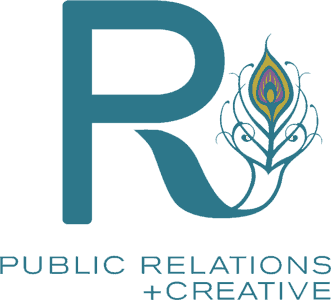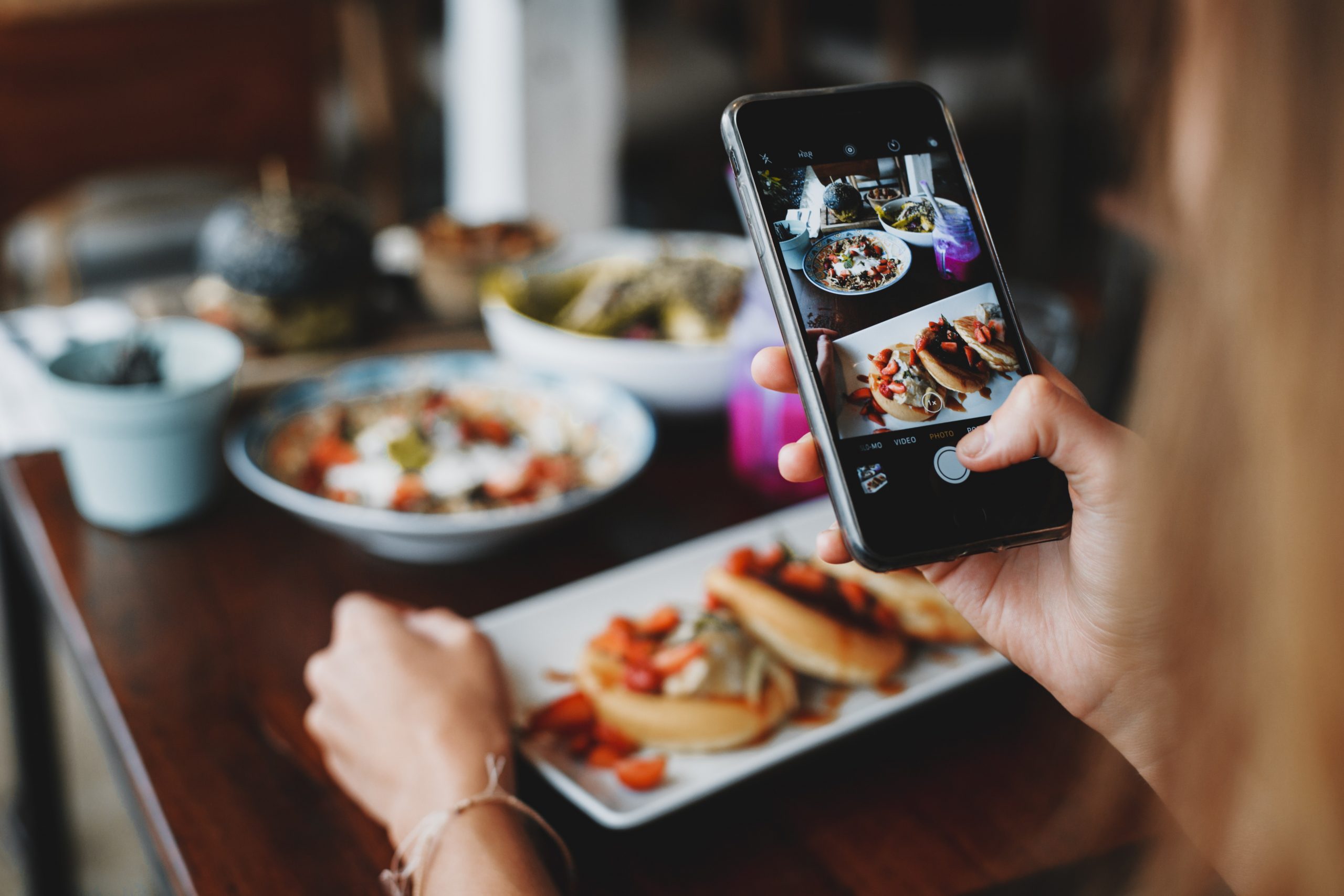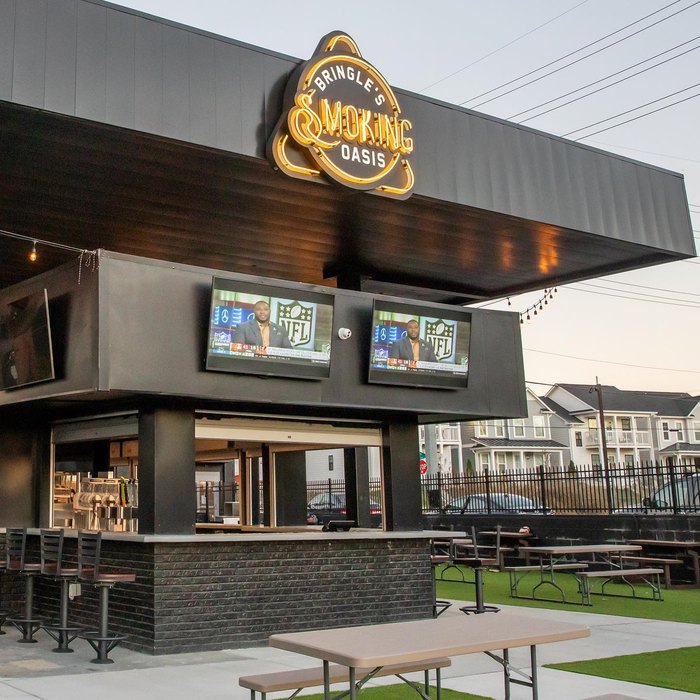R Public Relations Firm
3 Business Mistakes for PR Entrepreneurs to Avoid

Whether you’re starting a public relations business or are a PR entrepreneur already, you likely already know this type of work is not for the faint of heart. Both the PR industry and being an entrepreneur! When success feels like it’s riding on your shoulders alone, getting advice from someone who’s been there, done that can be invaluable. Here are three mistakes to avoid, courtesy of R founder and PR expert, Emily Reynolds Bergh.
- Not thinking of media as a client - PR without the media is like advertising without a headline. It won’t work. The media is essential to your success as a PR entrepreneur, but often we think of them more as a means to an end when we should be thinking of them as another type of client. With your PR clients, the relationship is everything right? The same is true for the media as it’s those relationships that determine whether your pitches are taken into consideration or tossed. Or worse, if you get off on the wrong foot, your press might not be as positive as it could be.
- Leaving leadership to chance - You may start out as a one-person shop, but as you build your business there will come a point where you have to hire. As a PR entrepreneur, you know you’ve got leadership in you, but in this business, it’s not just about delegating. It’s about finding the right people with the right skills and passion and then teaching them the art of our profession. Yes, you can learn PR skills in school but the art comes from experience, right? To start, be clear about your expectations and your vision, not just to potential candidates but to yourself as well. You can’t lead effectively if you don’t truly know what you want and/or don’t believe what you’re selling so to speak with your whole heart. Then focus on the goal, not the process. Too many entrepreneurs, in general, are so used to being ‘in the weeds” every day because they had to be when they started that they don’t know how to let go when they have support. Hire people you can trust to do their job and then stay out of their way so they can do it. You’ll have more time to be strategic and creative, to mentor them in the art of PR. Ultimately you’ll all be better for those things than whether or not they format their media list the same as you would.
- Not honing your contract skills - Can we all just collectively say “Ugh” here? Contracts are the least fun part of the business but they can cost your business the most if they aren’t given the attention they deserve. Never do business without a contract; it will burn you at some point. They are an essential safeguard for your business. But even having one won’t help if you leave out important details like your legal recourse if they don’t pay, for example. You’ll also want to clearly outline your scope of work. Otherwise, you’ll eventually have a client who will add on until the cows come home and you won’t be paid accordingly. It’s worth it to invest in a contract lawyer to advise you on verbiage and make sure you’re covered.
As what I call an “accidental” entrepreneur I have definitely made my fair share of mistakes. I probably could spill some tea about mistakes that I have witnessed too (we can save that for next time). But at the end of the day, they, aka those pesky mistakes, have helped me learn and given me some humility along the way, in addition to giving me the strength to stand up again and keep going. I would hope that if you are reading this and making some busines-owning mistakes of your own, that you will do the same. Keep the momentum going, learn, laugh a little, and move your ego aside so you can get real about the fact that we all make mistakes and we have to in order to really succeed. A woman I heard once at a conference called it “failing forward.” Think of your failures as moving you forward, and before you know it, they will!
San Antonio’s Top Influencers and How They Can Help Your Lifestyle Brand
Influencers have become an essential part of public relations strategy, not just for large brands, but for EVERY brand. In fact, the influencer industry is worth $5 to $10 billion according to Social Media Today which is even more amazing because the word itself was just added to the Merriam-Webster Dictionary in 2019. But, regardless of how new, its ‘influence’ should be taken seriously in helping your lifestyle brand to get noticed. Here’s how they can help, along with 10 of San Antonio’s top influencers.
How Influencers Can Help Your Brand
Early on, influencers were primarily celebrities. But celebrity endorsements can be hard to come by and can be expensive. But there are plenty of ‘regular people’ who have built a rapport with their followers as experts on specific topics or in specific categories through their blogs or social media posts, for example. As such they are seen more like trusted friends or peers with credible recommendations on products/services that they actually use. Influencers can help your lifestyle brand by:
- Improving content strategy – With more avenues for fresh content that showcases your brand.
- Improving brand awareness – Through word-of-mouth which still has high engagement even when advertising is too often tuned out.
- Strengthens brand credibility – Because you’re associated with influencers your target audience trusts.
- Creates hype – Influencers are walking-talking endorsements that know how to attract attention.
- Boosts your SEO – With additional links to your targeted keywords.
San Antonio’s Top Influencers
Certainly, you want to find influencers with a strong following, but they don’t need millions to make an impact. Often, it’s those on a smaller scale (less than 500K) who have the most engaged followers which are perfect for lifestyle brands targeting specific niches or locations. Here are our top 10 San Antonio influencers (in no particular order).
1. @s.a.foodie | 274K Followers
San Antonio native Amanda Spencer has won Best Instagram Influencer in the Current’s “Best of San Antonio” reader poll. She posts about food, travel, and more.
2. @quemeanswhat | 9,023 Followers

A 7th Generation Texan, Melanie Mendez-Gonzales explores Latino identity in and around San Antonio focusing on education, entertainment, and family life.
3. @stine.eats | 6,989 Followers
Through her gorgeous photos, you can explore local eats and drinks with San Antonio foodie, Christine Wong, who also can’t resist the occasional fur baby shot.
4. @getfitwithashley | 134K Followers
This fitness guru, Army veteran, and mom of three is here with fitness and food tips to help others get fit and be their best selves.
5. @SATX-Rated | 17.6K Followers
Self-described “San Antonio’s Food & Fun Ambassadors,” follow them to learn about all the fun things to do in SA along with where to eat and drink.
6. @sanantoniostephanie | 14.1K Followers
A finalist in MYSA’s "2022 Your SA Readers' Choice Awards" for Local Social Media Influencer, she posts about food, drinks, and fun in San Antonio.
7. @alamofoodie | 36K Followers
Her bio promises “Experiences, bites, booze,” and that’s exactly what you’ll find on this influencer’s Insta.
8. @flicksandfood | 5,457 Followers
Johnnie is always up-to-date on the latest goings on in San Antonio and beyond.
9. @liveitupsa | 30K Followers
This influencer explores all the cool stuff to do in San Antonio, as well as sharing delectable eats and boozy treats with some fashion and art mixed in to boot.
10. @goodtastetv | 14.3K Followers
Emmy-award-winning journalist and one of our fave clients, Tanji Patton, shares food, wine, and restaurant tips not just in San Antonio but all over Texas.
11. @siempre_sanantonio | 13.9K Followers
One of the top TikToker’s in Texas (2,200,000 likes!!), you can always tell when she on your FYP sharing the next spot to check out when you hear “Hey, friends”!
12.@sanantoniomunchies |45K Followers
Come to his page for the tasty food finds and stay for the memes and hot takes.
13. @salovelist |15.2K Followers
From coffee to cocktails, Gabby’s tried it all and shared it on their page. Sometime their chi-oui-nie, Quebec, makes a guest appearance who has their own Insta too, at @badweenie.
14. @socializesanantonio |25.3K Followers

Jesse’s Instagram is puro San Antonio! Celebrating the city’s events and culture through food and fun, he shares all the exciting things happening around town.
15. @jesselizarraras |10.1K Followers
The former Food + Nightlife Editor for the Current and now the Executive Producer at MySA, Jessica has her finger on the pulse of all things San Antonio.
16. @christina_coker | 23K Followers
This mom of four and life and style influencer shares the latest style trends along with tips for staying beautiful and fashionable on a budget.
17. @saraharoundsa | 2,672 Followers
Some of the best spots and best food photography can be found on Sarah’s feed. The San Antonio native knows where to find the hidden gems and local faves.
18. @jazzexploring | 6,787 Followers
Looking for some travel or fashion inspiration? Jaslyn shares her journey’s via IG, also while dressing really cute!
19. @letsbinge | 4,365 Followers
Feel like one of the Castillo sisters with all the shenanigans that goes down on their feed and in Instagram story’s.
20. @twentysomethingsa | 27.2 Followers
Supporting local is what Twenty Something SA is all about! Through socially impactful content they highlighting businesses, creatives and the city’s unique beauty.
For R help with using influencers as part of your public relations strategy, Click HERE to schedule a FREE Discovery Call Today!










